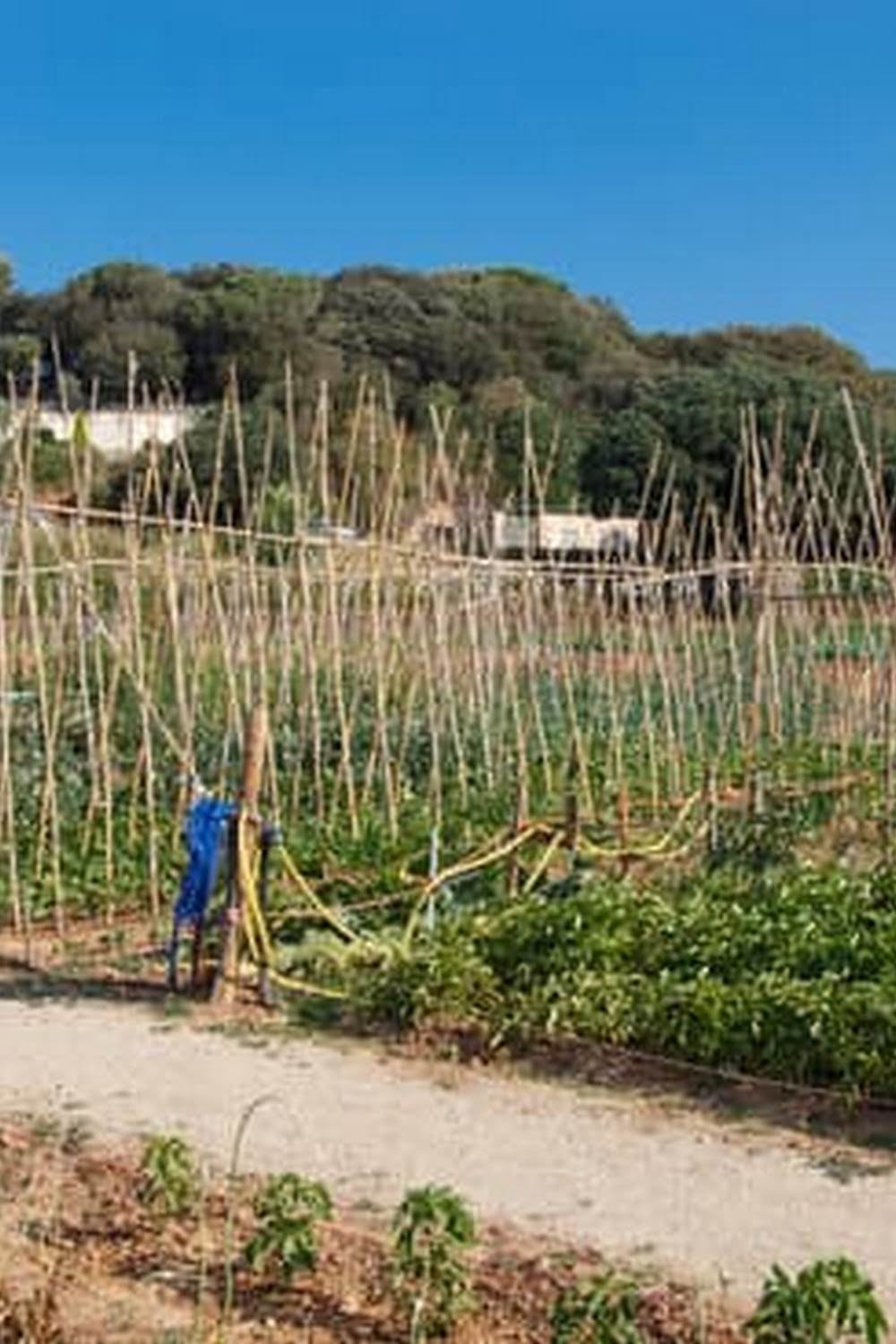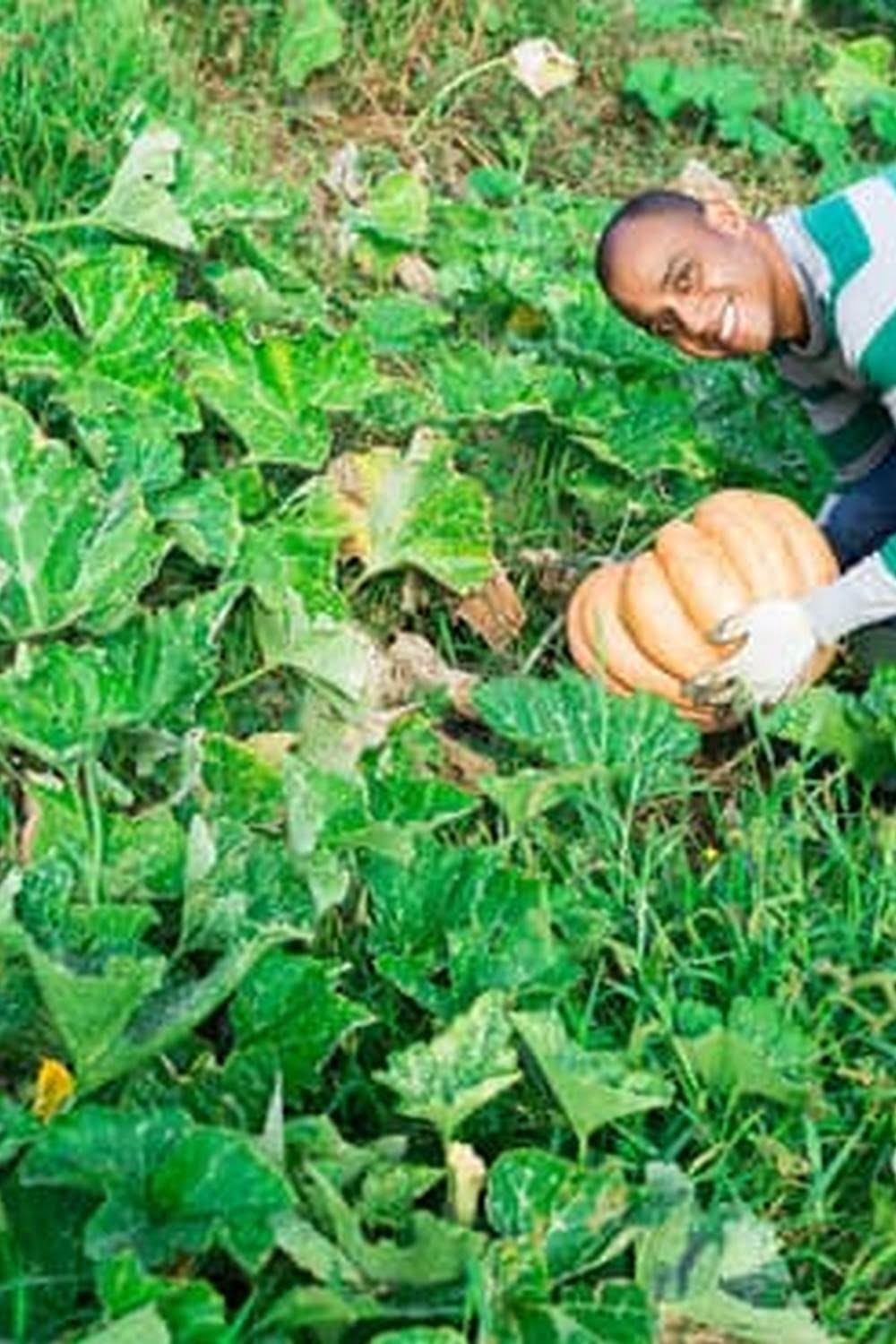Best Spot For Vegetable Garden
If you’re looking for the best spot to put your vegetable garden, you’re in luck! There are a few things you’ll want to take into account when choosing the perfect location for your plants.
First, you’ll want to make sure you have plenty of sunlight. Most vegetables need at least six hours of sunlight per day to grow properly. So, choose a spot that gets plenty of sun.
You’ll also want to make sure the spot you choose is relatively fertile. If your soil is too sandy or too clayey, it might not be suitable for growing vegetables. So, do a little digging before you start planting!
Finally, you’ll want to choose a spot that’s relatively sheltered from the wind. Strong winds can damage young plants and make it difficult for them to grow.
With those things in mind, the best spot for a vegetable garden is probably in a sunny corner of your yard that has relatively fertile soil. If you can find a spot like that, you’re sure to have a bountiful harvest!
Planting The Best Vegetable Garden
When it comes to planting a vegetable garden, there are a few things to keep in mind in order to make sure it’s successful. First, choose a spot in your yard that gets plenty of sun – at least six hours per day. The soil should also be fertile and well-drained. If you’re not sure about the quality of your soil, have it tested at your local extension office.
Once you’ve chosen a spot, it’s time to start planting. Start by planting your taller vegetables in the back of the garden, and your shorter vegetables in the front. This will ensure that everyone has room to grow. Be sure to space your plants according to their recommended distances, and follow the directions on the seed packets.
When planting, it’s important to use the right type of soil. For vegetables, use a soil mix that is high in organic matter. You can either make your own mix, or buy a pre-made mix from your local garden center. Be sure to mix in some compost or manure to help improve the fertility of the soil.
Once your plants are in the ground, be sure to water them regularly. Vegetables need at least an inch of water per week, so make sure you water them regularly, especially during the hot summer months. You can either use a sprinkler or a soaker hose to water your plants.
If you’re looking to have a successful vegetable garden, keep these tips in mind. By following these simple guidelines, you can ensure that your garden will be a success!
Best Companion Flowers In A Vegetable Garden In Phx Az
Companion planting is a great way to organically control pests and diseases in your vegetable garden. Companion planting is the practice of planting two or more different plants together, in order to take advantage of their natural pest-fighting and nutrient-sharing abilities. When it comes to companion planting in the vegetable garden, there are certain plants that work better together than others.
One of the best combinations for pest control is to plant chives with tomatoes. Chives are a natural repellent to many pests, including aphids, whiteflies, and beetles. Tomatoes are susceptible to a number of pests, including aphids, whiteflies, and hornworms. By planting chives with tomatoes, you can naturally control many of the pests that like to feast on your tomatoes.
Another great companion planting combination is to plant basil with tomatoes. Basil is a natural repellent to many pests, including aphids, whiteflies, and tomato hornworms. Tomatoes are susceptible to a number of pests, including aphids, whiteflies, and tomato hornworms. By planting basil with tomatoes, you can naturally control many of the pests that like to feast on your tomatoes.
In addition to helping to control pests, companion planting can also help to improve the nutrient levels of your soil. For example, by planting beans with corn, you can improve the nitrogen levels in your soil. Beans are a nitrogen-fixing plant, and when they are planted near corn, the beans’ roots will release nitrogen into the soil, which will help to improve the overall health of the corn plant.
If you are looking for a great way to improve the health of your vegetable garden, and to naturally control pests, then consider using companion planting. By planting chives with tomatoes, basil with tomatoes, and beans with corn, you can create a powerful pest-fighting trio in your garden.
Best Ant Killer For Vegetable Garden
There are many different types of ant killer products on the market, but not all of them are effective against ants in the garden. In order to find the best ant killer for vegetable gardens, it is important to understand the different types of ants and the products that are effective against them.
There are three types of ants that are common in North America: carpenter ants, pavement ants, and fire ants. Carpenter ants are the largest of the three types, and they can damage wood structures. Pavement ants are the most common type of ant in North America, and they can be found in both urban and rural areas. They build their nests in the cracks and crevices of sidewalks and driveways. Fire ants are small, reddish-brown ants that are found in the southern United States. They build their nests in the soil, and they can cause serious skin irritation and allergic reactions.
There are several different types of ant killer products that are effective against these different types of ants. Some of the most common types of ant killer products include baits, sprays, and powders.
Baits are the most common type of ant killer, and they are available in both liquid and solid forms. The most common type of bait is a poison bait, and it is usually a mixture of sugar and poison. The ants eat the bait, and the poison kills them. Some baits also contain a hormone that disrupts the queen’s ability to lay eggs, which eventually causes the colony to die.
Sprays are another common type of ant killer, and they are available in both aerosol and liquid forms. The most common type of spray is a contact kill spray, which is a mixture of insecticide and water. The insecticide kills the ants on contact. Powders are another type of contact kill, and they are available in both dust and granular forms.
There are several different types of ant killer products that are effective against carpenter ants, pavement ants, and fire ants. The best ant killer for vegetable gardens will vary depending on the type of ant that is present in the garden.
Best Time To Plant Vegetable Garden In Florida
There is no definitive answer to this question since gardening is a very localized activity. However, we can provide some general guidelines to help you get started.
The best time to plant a vegetable garden in Florida will vary depending on the climate and weather conditions in your area. In general, the best time to plant vegetables in Florida is between late winter and early summer.
However, you should always consult a local gardening expert or check your local weather forecast to get specific information about the best time to plant vegetables in your area.
“

If you’re looking to get into vegetable gardening, or are just looking for some tips on how to make your current garden better, then you’ve come to the right place! My name is Ethel and I have been gardening for years. In this blog, I’m going to share with you some of my best tips on how to create a successful vegetable garden.





